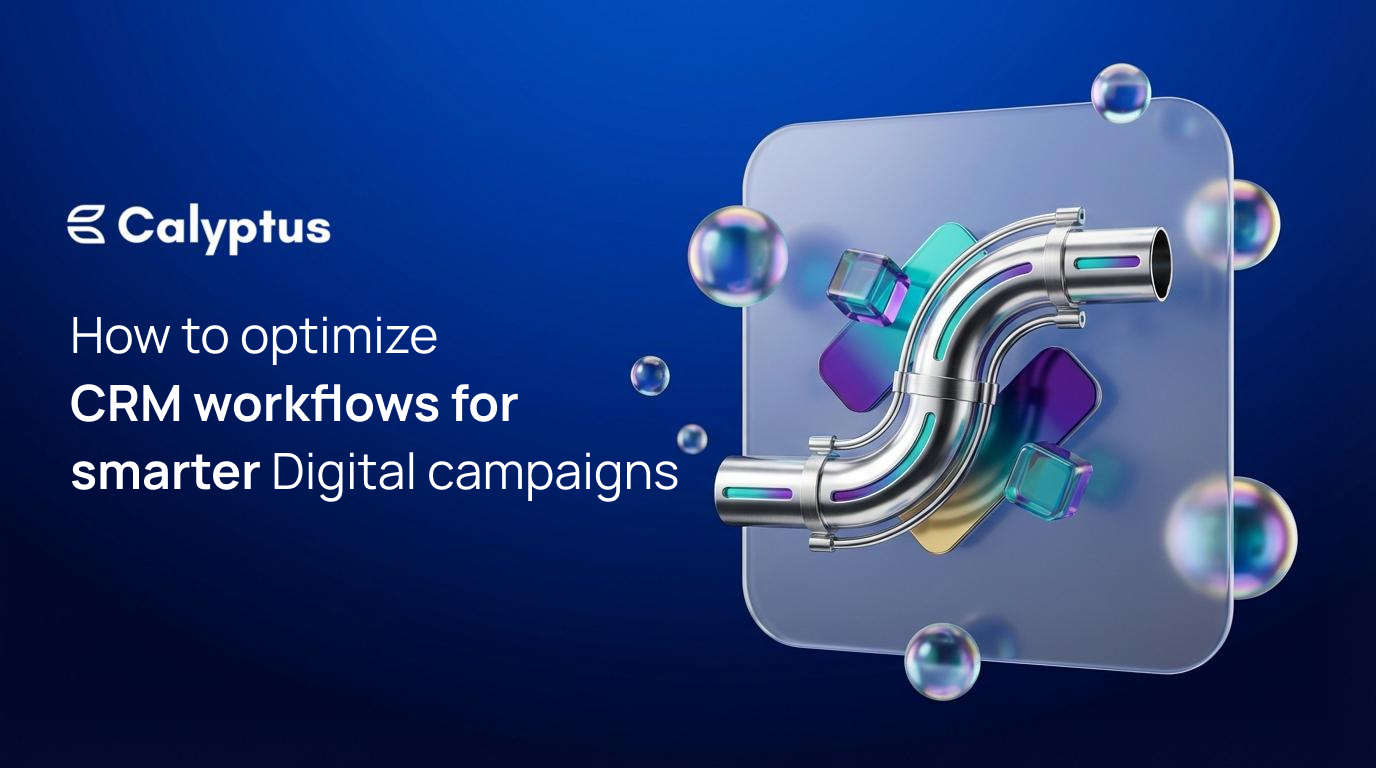Scaling teams in a volatile industry like Web3 takes more than just headcount growth, it demands adaptability, instinct, and deep alignment with mission. Few understand this better than Jacqueline Finnegan, Head of Talent at Injective Labs. With experience spanning from early days at Kraken to leading recruiting at one of the most forward-thinking L1s in the ecosystem, Jacqueline shares what it really takes to hire well in Web3, how she's evolved her playbook, and why some of the best hires aren’t the ones who dazzle in the first five minutes.

From Kraken to Injective, you’ve helped scale teams in major Web3 ecosystems. What’s stayed consistent across those journeys and what’s changed most in how you recruit?
It might sound surprising to some recruiters, but what’s changed the most is that we actually have a larger talent pool now. I started working with Kraken in 2018, and back then, no matter the role, we only hired people who were genuinely passionate about the disruptive nature of digital assets. So, although it’s still tough to find industry-native candidates, it’s definitely much easier now. What’s stayed the same is the type of person who thrives in this space. It’s no secret that the Web3 industry is highly volatile. People who need predictability, who want to know what their day-to-day or year-to-year will look like, tend not to last long. You have to be comfortable with the fact that everything might change tomorrow, and that includes the possibility of layoffs. Thankfully, Injective has never had to make any, but we’ve been very pragmatic and conservative with our hiring, even when we had the option to scale aggressively.
You’ve been with Injective since 2022. How has your approach to hiring evolved as the company has scaled?
When I joined Injective, I came in thinking, "Great, I’m going to implement tons of recruiting processes," but I quickly learned that this isn’t the right approach for a Web3 startup. Of course, we’ve improved and refined our processes, but it’s still essential to remain flexible. As I mentioned before, things can change very quickly in this industry, and we have to be able to adapt our hiring process to reflect this.
What are some must-haves you look for when hiring in Web3 that might be different from Web2?
I’d say there are three absolute must-haves:
1. Genuine enthusiasm for the industry. While we appreciate candidates with industry experience, what matters most is that they’re genuinely excited about it. If they can show that passion, we know they’ll enjoy working with us and contribute meaningfully.
2. An entrepreneurial mindset. Most Web3 companies offer tokens or equity, so you’re essentially a part-owner. You want to see the company succeed. It’s always encouraging to see team members sharing market updates or suggesting ideas - it shows they’re invested in Injective’s success just as much as the founders are.
3. A flexible approach to roles and titles. In Web2, people often look for a steady, upward career path. But in Web3, most engineers don’t really care about titles. Someone might have been Head of Engineering in a previous role, but as long as the work is challenging, they’re learning, and they can see the impact of their contributions, they’re happy, regardless of the title.
With Injective’s global team, how do you build and maintain culture and cohesion across time zones and cultures?
It’s inevitable that company culture evolves as the team grows and becomes more diverse. But we make a huge effort to uphold our core values in everything we do. From interviews to performance feedback and beyond. We also host a major company retreat once a year. In fact, we’ve just returned from nearly two weeks in Sardinia. These retreats are a fantastic opportunity to reinforce our values and they’re also incredibly productive. On a day-to-day level, we keep engagement high through things like Slack competitions and dedicated channels for team members to connect over shared interests like music or food. We also run engagement surveys twice a year to gather employee feedback and suggestions.
What hiring mistake or misconception did you unlearn the hard way in your career, and how has it changed your perspective?
After several years in recruiting and interviewing countless candidates, I started to believe I could size someone up, and predict what kind of employee they’d be, within the first five minutes. I thought I had a solid read on people. But over time, I encountered situations that proved me wrong. Some candidates who didn’t initially stand out ended up being exceptional, while others who made a strong early impression fell short. I thought I’d seen it all, but I hadn’t. Now, whenever I’m interviewing, I make a conscious effort to keep an open mind and never form conclusions until they’ve been given the opportunity to answer all of the competency and situational questions. It’s a good reminder that first impressions don’t tell the whole story, and I’ve learned to expect the unexpected.
As someone who’s scaled talent functions from scratch, what advice do you have for early-stage Web3 companies making their first key hires?
Use an experienced recruiter. There’s so much that can go wrong, from hiring a scammer to asking the wrong interview questions that could be legally problematic. These missteps can damage your company’s reputation and make it harder to attract talent, which in turn drives up salaries and slows growth. Recruiting is also incredibly time-consuming for a founder or anyone else if they have another job to do. If hiring a recruiter isn’t an option, at the very least, make sure every interview is conducted with cameras on.




